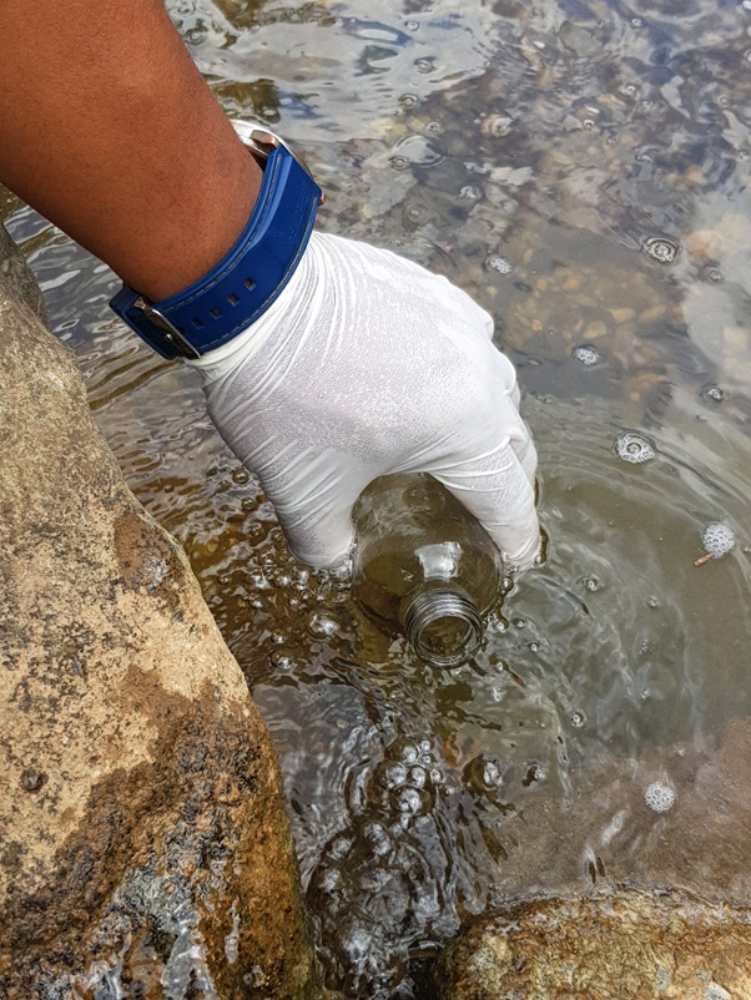One of the nine key performance areas of Garden Route District Municipality’s (GRDM’s) Environmental Health Practitioners (EHP’s) is the “Surveillance and Prevention of Communicable Diseases”. This focus area is especially important as South Africa and many other developing nations, especially least developed nations face a myriad of communicable diseases.
What is a communicable disease?
According to the World Health Organisation, communicable, or infectious diseases, are caused by microorganisms such as bacteria, viruses, parasites and fungi that can be spread, directly or indirectly, from one person to another. Some are transmitted through bites from insects while others are caused by ingesting contaminated food or water.
A variety of disease-producing bacteria and viruses are carried in the mouth, nose, throat and respiratory tract. Conditions such as leprosy, tuberculosis and different strains of influenza (flu) can be spread by coughing, sneezing, and saliva or mucus on unwashed hands.
Sexually transmitted infections such as HIV and viral hepatitis are spread through the exposure to infective bodily fluids such as blood, vaginal secretions and semen. Hepatitis B and C is a significant concern in Africa where many people are unaware of their infections.
Insects play a significant role in the transmission of disease. Bites from Anopheles mosquitoes transmit malaria parasites that can wreak havoc on high-risk populations such as children under age 5 and pregnant women. It is, however, important to note that Malaria does not occur in the Western Cape, but endemic in the Lowveld of Mpumalanga and in Limpopo. Many diseases are also caused by unsafe water, poor housing conditions and poor sanitation in the Region.
Surveillance of Communicable Diseases
When a Communicable Disease outbreak occurs in the Garden Route, the EHP’s will carry out an investigation, monitor the environment and raise additional health awareness to the affected and surrounding community members. During these investigations the EHP’s will also collaborate with other spheres of government, such as Primary Health Care, to prevent the occurrence and/or manifestation of environmental-related or communicable diseases.
Prevention of Communicable Diseases
Health awareness campaigns rolled out to various communities is still the best approach for educating communities with knowledge and the understanding of communicable diseases.
The different themes of the awareness campaigns focus on personal hygiene, a healthy lifestyle and a safe and healthy environment.
Despite poor areas now having better housing, waste removal, water and sanitation services, many households do not adopt healthy habits and practices in their homes.
Effects of Climate Change
The greatest health burden associated with the effects of climate change will be found in impoverished communities, underscoring the existing weakness in public health systems.
Predicted effects on health include:
- Injuries and fatalities related to severe weather;
- food contamination;
- allergic reactions;
- respiratory and cardiovascular disease; and
Environmental Health Practitioners have a key role to play in resolving environmental challenges and preventing disease of environmental origin.
Research, monitoring and surveillance are fundamental to the Environmental Health Practitioners if they want to fulfil their primary function of properly identifying, assessing and managing environmental health risks that may cause communicable diseases.
For any information or complaints, contact the GRDM Municipal Health Services at 044 – 803 1300.























